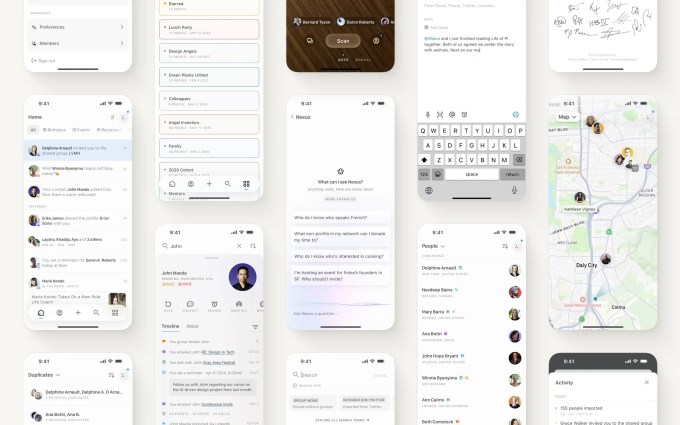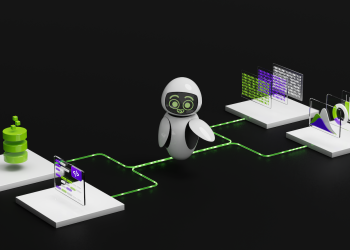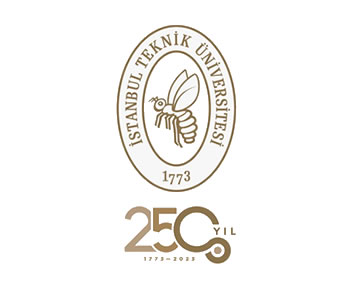is to help with relationships and increase conscientiousness,” Achariam said. “That’s always been our North Star, and all the features […] reinforce that by bringing these different aspects of relationship management into one platform and one tool.”

Automattic said it made sense to buy Clay because of its ability to be integrated into the company’s broader ecosystem, which today includes the universal chat app Beeper (a merger of the Texts.com and Beeper acquisitions).
Clay’s founders, meanwhile, have a sense of a shared mission with Automattic, and appreciate that they’ll get to continue to develop their app. (Often, smart address book startups are eaten up by their acquirer and then sadly wound down.)
“We are very excited about the longevity aspect of this,” said Hamed. “We believe that this should be something that exists beyond, like, any one company,” he added.
For Clay, the long-term plan at Automattic includes integrating with Beeper, and ultimately becoming an identity layer for a variety of different tools.
Those plans are not finalized, however, nor could Automattic commit to a time frame for that progress. It also wouldn’t share if Clay’s pricing is due to change in the future. Currently, the service is a freemium offering, with its paid plans starting at $10 per month, or $40 per seat, per month for teams.
Clay’s founders said they believe their values are similar to Automattic’s, which is why the deal made sense.
“One of their main ethos is this idea of open source, and the idea that that’s one of the most powerful forces of our lifetimes. And we tend to agree,” said Achariam.
Clay’s team is also interested in integrating with other open technologies going forward, like ActivityPub, used by Mastodon, and AT Protocol, used by Bluesky.
Clay didn’t share any numbers about its user base, but it did say that its app manages over 150 million relationships. The app is available on macOS, Windows, iOS, and web.









